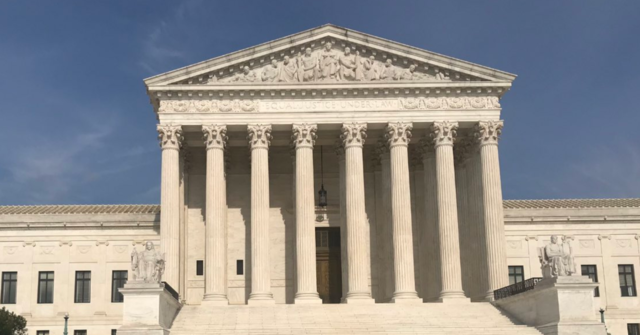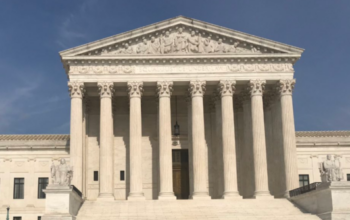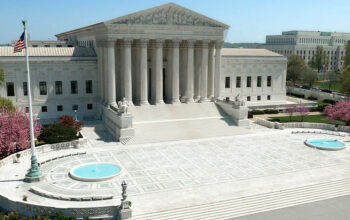The future of a 40-year-old precedent that has been viewed as bolstering the power of federal agencies is now in question. The Supreme Court justices, who currently have a 6-3 conservative majority, are deliberating whether to overturn the 1984 Chevron v. Natural Resources Defense Council ruling. This decision, which allowed federal agencies to interpret the law when the statute’s language is ambiguous, has long been a thorn in the side of conservatives who view it as too deferential to agencies.
Ironically, the Chevron ruling was initially seen as a win for the Reagan administration’s deregulatory efforts. The decision allowed the Environmental Protection Agency (EPA) to move forward with a Clean Air Act regulation that was favorable to polluting facilities. Although by this time, Anne Gorsuch, the mother of current Supreme Court Justice Neil Gorsuch, had already stepped down from her post following a scandal involving the agency’s management of pollution cleanups.
Justice Gorsuch has since become an outspoken critic of the Chevron decision. He has joined conservative voices who view the ruling as a threat to their efforts to diminish the power of the federal government. Environmental lawyer David Doniger, who lost the Chevron case in 1984, noted that the aim of conservatives is to make it difficult to pass laws that create effective programs designed to solve modern problems.
The rulings in two related fisheries regulation cases are now calling into question whether Chevron should be consigned to history. The Supreme Court’s conservative majority is skeptical of broad assertions of federal agency authority, and the precedent is seen as being more beneficial to progressives than conservatives.
In practice, the Chevron decision allowed both Democratic and Republican presidents to take advantage of the flexibility it gave to federal agencies in implementing new regulations on a wide range of issues. However, with business interests and conservatives becoming more hostile to what they call the “administrative state,” the precedent has come under increased scrutiny.
The debate over Chevron raises crucial questions about how much power federal agencies should have in interpreting and implementing laws. Its controversial legacy has led to different interpretations and concerns about how its revision or overturn could impact agency power. As the Supreme Court considers the two fisheries cases, the future of Chevron is in limbo, and experts are waiting to see how the court leans on the issue.

















